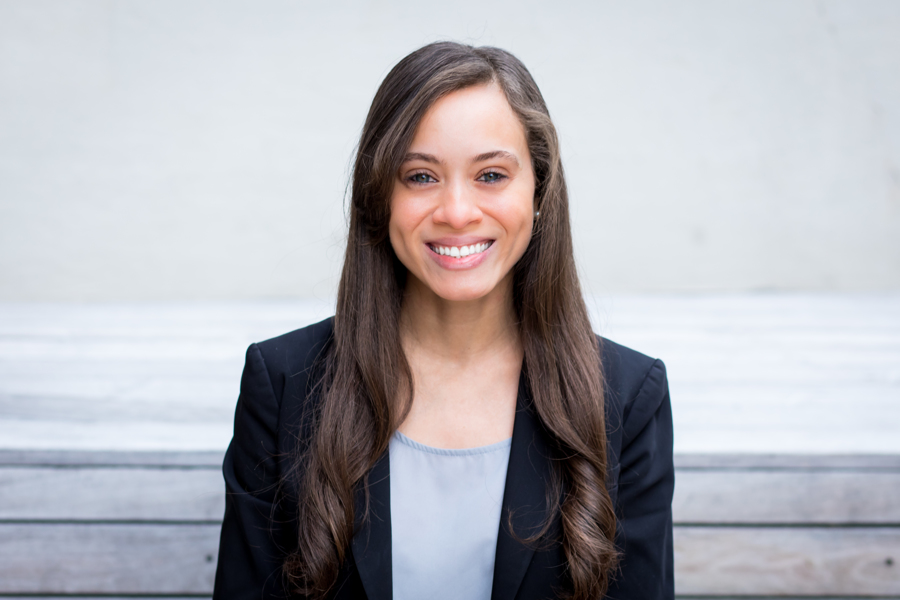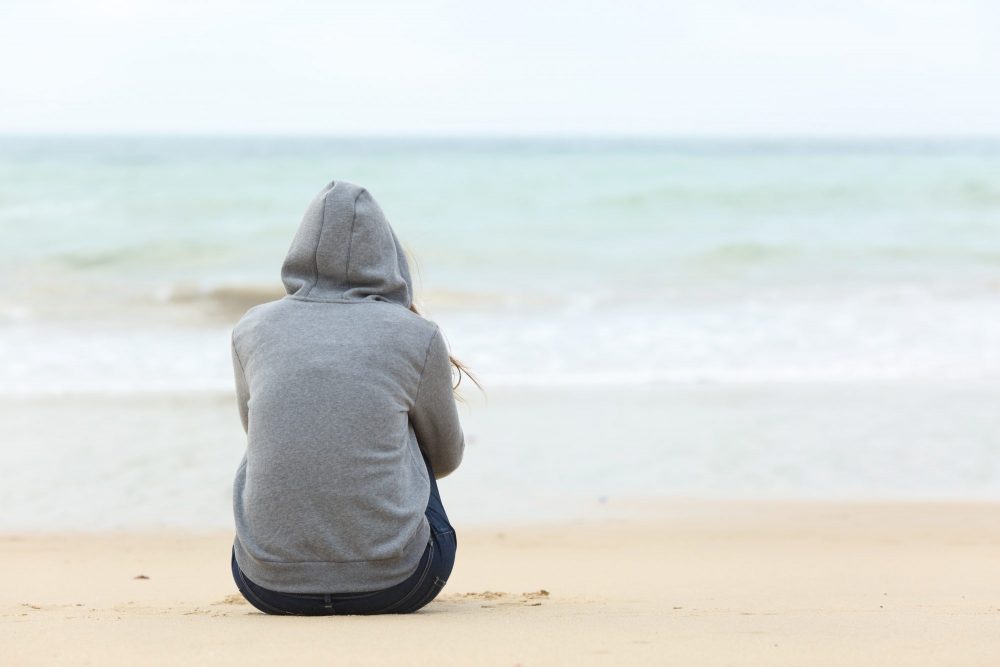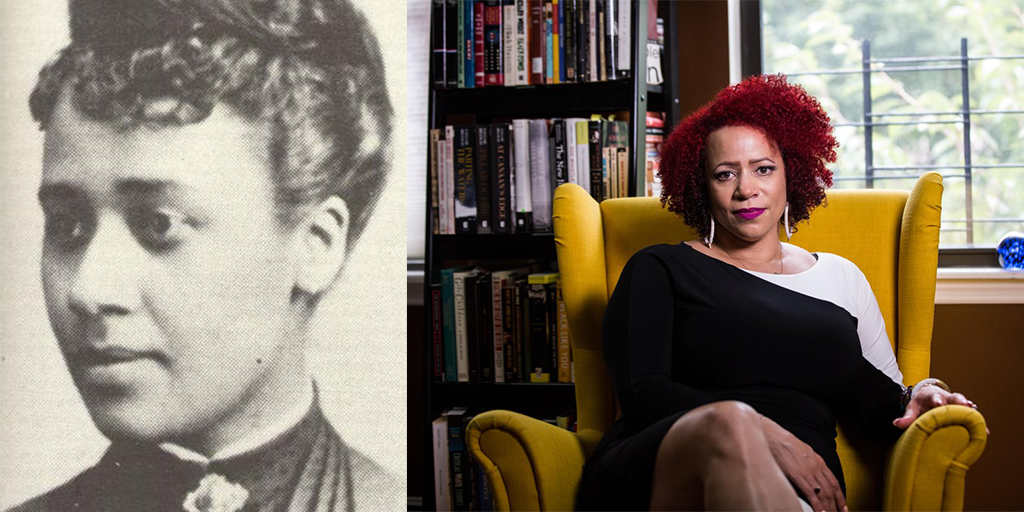Stop Criminalizing Childhood: NWLC Files Amicus Brief Supporting Students in South Carolina
Students should not be arrested or forced to engage with the criminal legal system for just acting their age in schools. Schools should be safe spaces for students to be silly at times, make mistakes, grow from conflict, and learn the skills necessary to be adults. When states rely on vague and subjective school disciplinary laws, they violate these safe spaces and criminalize students instead of prioritizing their academic, social, and emotional needs.
On March 23, 2022, the National Women’s Law Center (NWLC), the National Association for the Advancement of Colored People, the National Disability Rights Network, the National Center for Youth Law, and our firm partner Debevoise & Plimpton led an amicus brief submitted to the U.S. Court of Appeals for the Fourth Circuit, on behalf of 23 additional civil rights and public interest organizations in support of all students in South Carolina public schools and the Carolina Youth Action Project (CYAP). The class of South Carolina students and CYAP are suing the South Carolina Attorney General and are represented by the American Civil Liberties Union.
The Case
This case stems from the appalling incident in 2015, when a school resource officer (SRO) at Spring Valley High School flipped over a Black girl in her desk and dragged her across the classroom because she didn’t hand over her phone. Since then, South Carolina has pushed thousands of students into the juvenile and criminal legal systems by relying on SROs to enforce state “Disorderly Conduct” and “Disturbing Schools” laws, which make it illegal to use “obscene” language and act in an “obnoxious” way. These school disciplinary laws are vague and subjective and cause SROs to arbitrarily enforce them depending on the situation, denying students due process and criminalizing them for typical, childlike behavior. Students in South Carolina have been criminally charged for minor misbehaviors like refusing to get in the lunch line or talking during a timeout.
Nationally, Black students are disproportionately targeted under school disciplinary laws—and South Carolina is no different. Black students are charged six times more than white students for Disorderly Conduct and as much as six and a half times more in some schools for Disturbing Schools. Among these students were Black girls, who were criminally charged for defending themselves against bullies and for speaking out against SRO violence used on their friends. Of the five Disorderly Conduct cases where students charged were younger than 10 years old, all of the students were Black.
South Carolina has also disproportionately charged students with disabilities, relying on police to handle misbehavior rather than implementing students’ Behavior Intervention Plans and other protections under the Individuals with Disabilities Education Act (IDEA) that help schools address behavior associated with students’ disabilities.
Both school disciplinary laws have left a trail of criminal records for students which can impact the rest of their lives. The District Court agreed with the students and CYAP that these laws are unconstitutional and that the state should clear all criminal records students have received because of them. The South Carolina Attorney General is now appealing this decision in the U.S. Court of Appeals for the Fourth Circuit.
Our Brief
In support of the students’ civil rights claims, our brief explains two key issues:
School Pushout and the School-to-Prison Pipeline. School pushout is what happens when school policies and practices, like harsh discipline policies, exclude students from the classroom and force them to leave their schools altogether. The school-to-prison pipeline is the system of school policies and practices that funnel students into the criminal legal system. Our brief details how school disciplinary laws and school policing, especially for minor misbehavior like “disruption” or “disobedience,” contribute to school pushout and perpetuate the school-to-prison pipeline. These laws give SROs a lot of power to decide who gets in trouble and when, even if the criteria isn’t the same for every student. When students attend school with the constant fear of being arrested for typical, childlike behavior, this creates an untrusting and unwelcoming school environment. This is particularly harmful now, as students reel from the devastating impacts of the COVID-19 pandemic. Instead, students need schools that respond to social-emotional needs.
Students Most Targeted by School Disciplinary Laws. Black students and other students of color, LGBTQ students, students with disabilities, and students at the intersections of these identities are the most targeted under school disciplinary laws. School disciplinary laws like “disturbing schools” are vague and arbitrary, leaving room for bias against these students, which sways how and when school officials punish them. For example, adultification bias is when people see Black children as less innocent and in need of care than white children. Adultification bias often leads school officials to discipline Black students more often and more harshly for behaviors they would typically overlook or minimize with white students. For Black girls, this often means school officials see them as louder, more defiant, and more sexually knowledgeable, punishing them more harshly for things like being “disruptive” or “disrespectful” or wearing “inappropriate” clothing. Underrepresented students then lose critical class time and face the long-lasting consequences of having a criminal record. This includes exacerbating trauma, making students twice as likely to drop out of school, creating barriers to college admissions, and limiting employment opportunities.
Criminalizing students for acting like kids and teens is an ongoing crisis that BIPOC students, LGBTQ students, and students with disabilities, especially, face each day in South Carolina. This is why NWLC, along with its co-leads and several other advocacy organizations, ask the Fourth Circuit to agree with the district court, conclude that South Carolina’s school disciplinary laws are unconstitutional, and order the state to expunge all student criminal records obtained because of them.
A Win!
In February 2022, the Fourth Circuit agreed with the students of South Carolina, holding that the “Disorderly Conduct” law and “Disturbing Schools” law, as it formerly applied to students, were unconstitutionally vague and that students’ criminal records created under these laws should be expunged. The Court acknowledged that the laws did not give students fair warning about what behaviors might warrant detention one day but criminal prosecution the next—leading to the absurd conclusion that “any person passing a schoolyard during recess [was] likely witnessing a large-scale crime scene.” It also agreed that the laws give “practically unfettered discretion” to the school-based police officers charged with their enforcement.
We are thrilled about this win and grateful to our partners for supporting this brief.





